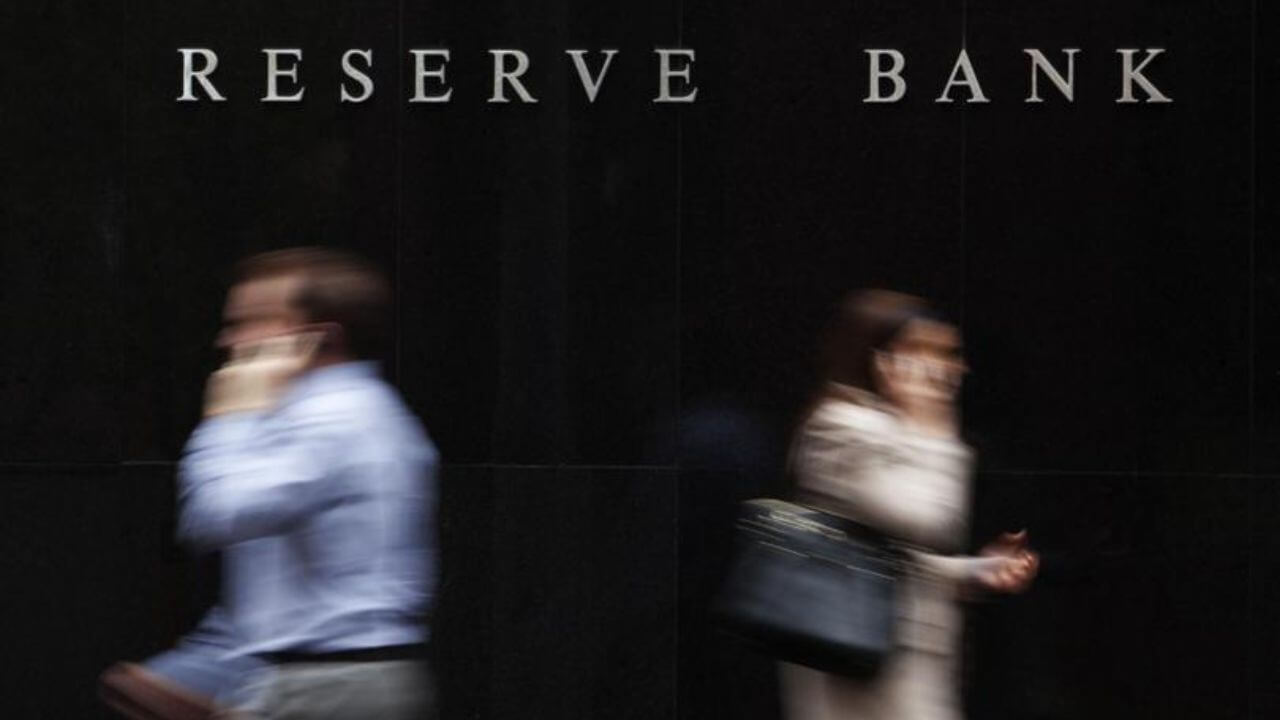In this article:

Despite the positive news for mortgage holders, particularly those with variable-rate home loans, the RBA continues to warn of the potential need for future rate hikes.
Why the pause?
While the Australian economy is performing reasonably well, there are still lingering uncertainties. For instance, wage growth remains sluggish and consumer sentiment is mixed. Pausing the rate hiking cycle gives the RBA time to observe these dynamics play out.
RBA Governor, Philip Lowe said that whilst “inflation in Australia is declining” it remains too high.
“Interest rates have been increased by 4 percentage points since May last year. The higher interest rates are working to establish a more sustainable balance between supply and demand in the economy and will continue to do so. In light of this and the uncertainty surrounding the economic outlook, the Board again decided to hold interest rates steady this month. This will provide further time to assess the impact of the increase in interest rates to date and the economic outlook.”
A major factor at play this month was concerns expressed last month around the ability of Australian households to withstand another rate hike so soon, with the Governor stating: “Many households are experiencing a painful squeeze on their finances, while some are benefiting from rising housing prices, substantial savings buffers and higher interest income.”
He also pointed to some significant “uncertainties” that could lead to further rate rises, with the Governor admitting that the RBA is uncertain as to the “lags in the operation of monetary policy” – or put simply, they’re uncertain as to what the true impact of record rate rises will be.
The decision made by the RBA today is in line with the predictions of economic experts Stephen Koukoulas and Mark Bouris, who recently discussed the matter on Property Insights. Their insights suggest that a rate hike was not required, with Koukoulas saying, “We’ve had 400 points (or 4%) of rate hikes in about 15 months. We don’t need to cut interest rates, but I don’t think we need to hike them.”
“When we sort of go through the wording of each [RBA] statement, the minutes that they put out two weeks after each board meeting, the last few meetings, some which they’ve paused and some which they’ve hiked 25 points, there’s always been a discussion: ‘Do we hold? Or do we go 0.25%?’ And it’s been roughly 50/50.”
“This meeting is going to be the same discussion, ‘do we go 0.25%? Or do we hold?’ The reason why I think they hold is because of this inflation number that came out – global inflation pressures that are that are decelerating…I think we can just sit tight.”
What’s going on with Property Prices?
Somewhat contradicting the rate hiking cycle, Australia’s housing market has continued its post-COVID rebound, with CoreLogic reporting that house prices have risen for a fifth consecutive month.
CoreLogic’s national Home Value Index recorded a further 0.7% increase in dwelling values across the country, with their press release stating: “While housing values are continuing to record a broad based rise, the rate of growth has lost momentum over the past two months.”
“It looks like Sydney’s growth rate has peaked in May, and I can’t see any reason why the pace of growth would rebound … at least until interest rates start coming down,” CoreLogic’s Research Director, Tim Lawless told the Australian Financial Review.
“Sydney has seen a significant rise in the number of fresh listings added to the market, which is probably giving buyers a little bit more choice and has taken some urgency out of the market.”
“So, I wouldn’t be surprised if the 0.9 per cent monthly growth reduces further from here. It’s still a fairly strong growth, and I think there’s definitely some room for it to reduce further back to maybe 0.2 to 0.5 per cent month-on-month growth, which is more sustainable and realistic.”
Bouris and Koukoulas described Australia’s growing property market as “a bit weird”. In a rising rate environment, property prices are generally expected to decrease, as consumers tighten their belts and the cost of borrowing money increases.
However, as Koukoulas highlighted, property prices continues to show resilience: “Since February, house prices, according to CoreLogic, are up about 4.5%. Sydney is up about 7%. It’s supply and demand,” Koukoulas said, referencing the fact that Australia’s supply of housing is relatively low, and that “immigration inflow is huge”, putting further strain on prices.
“We’re not building enough properties, we’ve got a shortage of properties and people are buying, meaning prices are going up.” Koukoulas believes however, that this alone is not cause for the RBA to raise rates: “You’re not going to hike rates because house prices are edging up, but you’re not going to cut either because they’re not destroying wealth.”
Big changes ahead for the RBA
The Reserve Bank of Australia (RBA) is poised to undergo significant changes in the coming months, which could invariably influence its approach towards monetary policy.
Foremost among the changes is the announcement of Michelle Bullock as the new Governor of the RBA. Bullock, previously serving as the Deputy Governor, is recognised for her expertise in financial stability and her practical approach to policy-making. Her leadership is anticipated to bring a fresh perspective to the RBA.
In another significant change-up, the RBA has also decided to modify the frequency of its meetings. Instead of holding 11 meetings per year, the RBA will now conduct eight.
The RBA currently meets on the first Tuesday of every month, with no meeting held in January. From 2024, these board meetings, where they decide on the official cash rate, will be held on the first Tuesday of February, May, August and November.
From next year, the Governor will also hold a press conference following their decision on the official cash rate, to help explain their decision to the wider public.
This change, aligning the RBA with other global central banks, may allow for more comprehensive analysis between meetings, thus leading to more informed decisions. However, it could also potentially increase market sensitivity towards each meeting’s outcome given their reduced frequency.
“Likewise, the staff will have more time for analysis, with less time spent preparing summaries of recent developments.”
What’s Next?
The impact of the cash rate on the wider economy is significant and far-reaching, with higher rates leading to increased costs for businesses and households. Therefore, greater insight into the RBA’s decision-making process is welcomed and may help bring better levels of communication to Australian households.
As the Reserve Bank of Australia continues to navigate an uncertain economic landscape, it will be interesting to see how its decisions impact mortgage holders in the coming months.
In a rising rate environment, borrowing money becomes more difficult, or managing your repayments can become quite a stressful part of your daily life. Whether you’re a first-time homebuyer or looking to refinance your current mortgage, we’re here to help. Our team of knowledgeable mortgage brokers are here to guide you every step of the way, ensuring you make the most informed decisions. Reach out to us today, and let us simplify the mortgage process for you.



